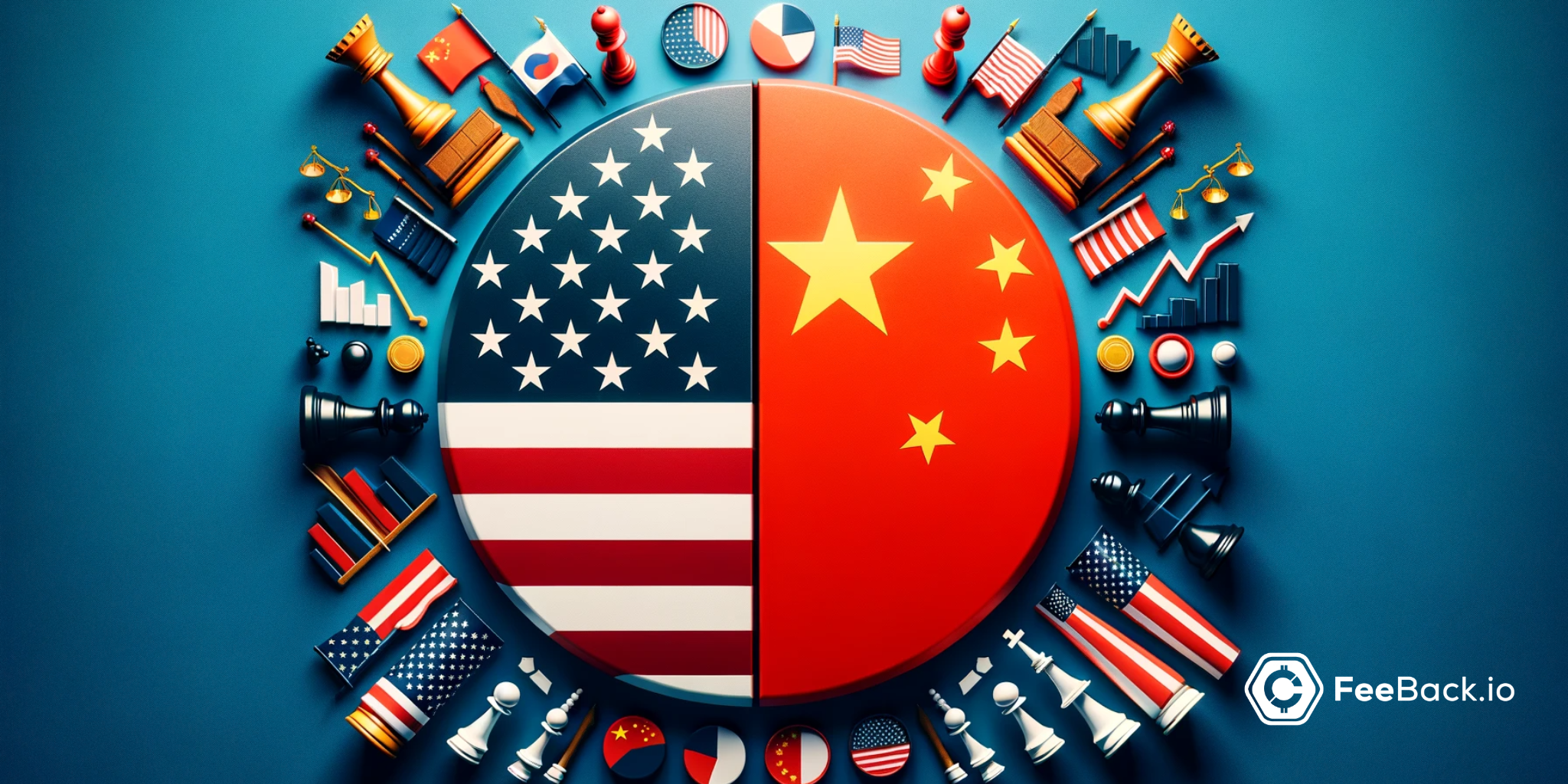December 07, 2023
•
4 min read
Global Economic Power Shift: China Surpasses the U.S.
Economic Tides Turn: China's Rise, U.S. Shift

Introduction: A New Economic Superpower Emerges
In a significant yet understated shift, the global economic landscape is undergoing a dramatic transformation. Contrary to the prevalent belief, recent data suggests that China has not only caught up with but has surpassed the United States in economic might. This development marks a pivotal moment in the balance of global economic power.
Rethinking Economic Comparisons
It's essential to look beyond conventional reports based on market exchange rates, which often paint a misleading picture of U.S. economic dominance. The Financial Times, for example, highlighted the U.S.'s impressive annualized growth rate of 5.2% in the third quarter. However, a closer look at the U.S. economic performance in November, especially when converting the GDP to euros or renminbi using market exchange rates, indicates an alarming annualized shrinkage of around 30%.
This discrepancy is largely due to the near 3% fall in the U.S. dollar's value during that month. Evaluations based on market exchange rates, while popular, can be significantly flawed, as seen in the post-Brexit economic assessments of the UK and Germany, distorted by sterling's relative decline.
China’s Ascendancy in the Global Economy
The true extent of China's economic ascendancy becomes clear when we switch our focus to purchasing power parity (PPP) exchange rates. PPP, a more accurate measure, compares the buying power of money in different countries. According to this method, China's GDP surpassed that of the U.S. around the time Donald Trump was pushing to “make America great again.” Presently, China’s economy is approximately 22% larger than that of the U.S., based on the latest IMF data.
This claim is bolstered by China’s electricity generation, a crucial indicator of economic activity, which surpassed that of the U.S. in 2010. From 2016 to 2022, China's electricity generation increased by 45%, while U.S. growth remained relatively flat, challenging the narrative of China’s economic stagnation.
The Political and Economic Implications
The reluctance of both the U.S. and China to fully acknowledge this shift is rooted in political and economic strategies. The U.S., possibly in denial, mirrors the UK's past reluctance to accept its diminished top economic status. For China, downplaying its economic power enables it to avoid responsibilities for global issues like climate change and debt relief. Meanwhile, for Europe, recognizing economic backsliding could act as a catalyst for urgent reforms.
Conclusion: A Wake-Up Call to the World
The narrative that China is still catching up to the U.S. is a misinterpretation of the current economic landscape. Judged by PPP, China has already taken the lead. This revelation isn't just a statistical adjustment; it's a wake-up call to the global economic order, signaling a significant shift in the balance of power. As China continues to expand its economic influence, the world must recalibrate its understanding and approach to these new economic realities.
